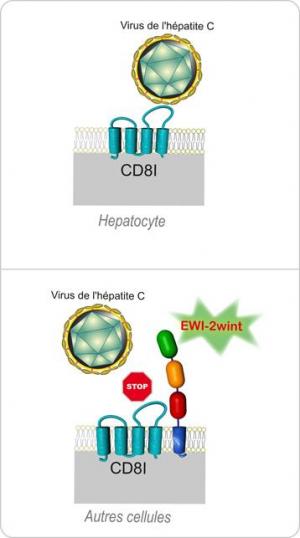
DOCTORS at Austin Health have developed a genetic test that can predict how people with hepatitis C are likely to respond to treatment.
Gastroenterologist Dr Paul Froomes said hep C patients underwent 48 weeks of treatment, combining the drugs pegylated interferon and ribavirin.
The treatment has been associated with a number of side-effects, including flu-like symptoms such as fever, chills, muscle aches and headaches.
Dr Froomes said he approached microbiologist Dr Volker Gurtler to devise the genetic test nine months ago after breakthrough studies in Switzerland and the US found hep C patients who had the polymorphic gene rs12979860 responded significantly better to the drugs.
“If you’re positive for this genetic test, then your chance of eradicating hep C with current treatment goes up to about 80 per cent,” Dr Froomes said.
“If you tested negative for this polymorphism, then your chance of responding to treatment falls to 30 per cent.” He said patients who found they had a lower success rate to treatment could consider trying alternative new treatments.
He said new treatments for hep C were “just around the corner”.
Hep C causes liver inflammation and liver disease, and is spread through blood-to-blood contact.
In may, the Heidelberg Leader reported an increase in hep C presentations at the Austin Hospital, including a number of patients infected through intravenous drug use. Dr Froomes said the hospital treated about 400 patients with the virus a year.